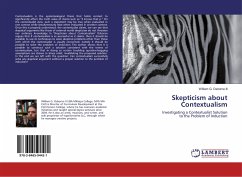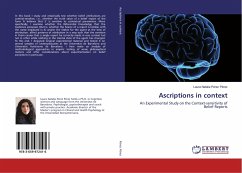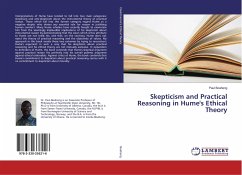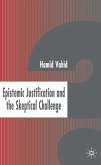Contextualism is the epistemological thesis that holds context to significantly affect the truth value of claims such as "S knows that p." On the contextualist view, such a statement may be true when evaluated in one context while simultaneously false when evaluated in another context. Once this is properly understood, the contextualist claims, we can see that skeptical arguments like those of external world skepticism do not threaten our ordinary knowledge. In "Skepticism about Contextualism" Osborne argues that if contextualism is as successful as it claims, then it should be possible to use its techniques to solve skeptical problems other than those with which the contextualist is usually concerned; namely it should be possible to solve the problem of induction. The author shows that it is possible to construct such a solution consistent with the tenets of contextualism, but that in doing so certain troubling question-begging assumptions are shown in sharp relief, invalidatingthe proposed solution. In the end we are left with the question: Can contextualism successfully solve any skeptical argument without a proper solution to the problem of induction?
Bitte wählen Sie Ihr Anliegen aus.
Rechnungen
Retourenschein anfordern
Bestellstatus
Storno








